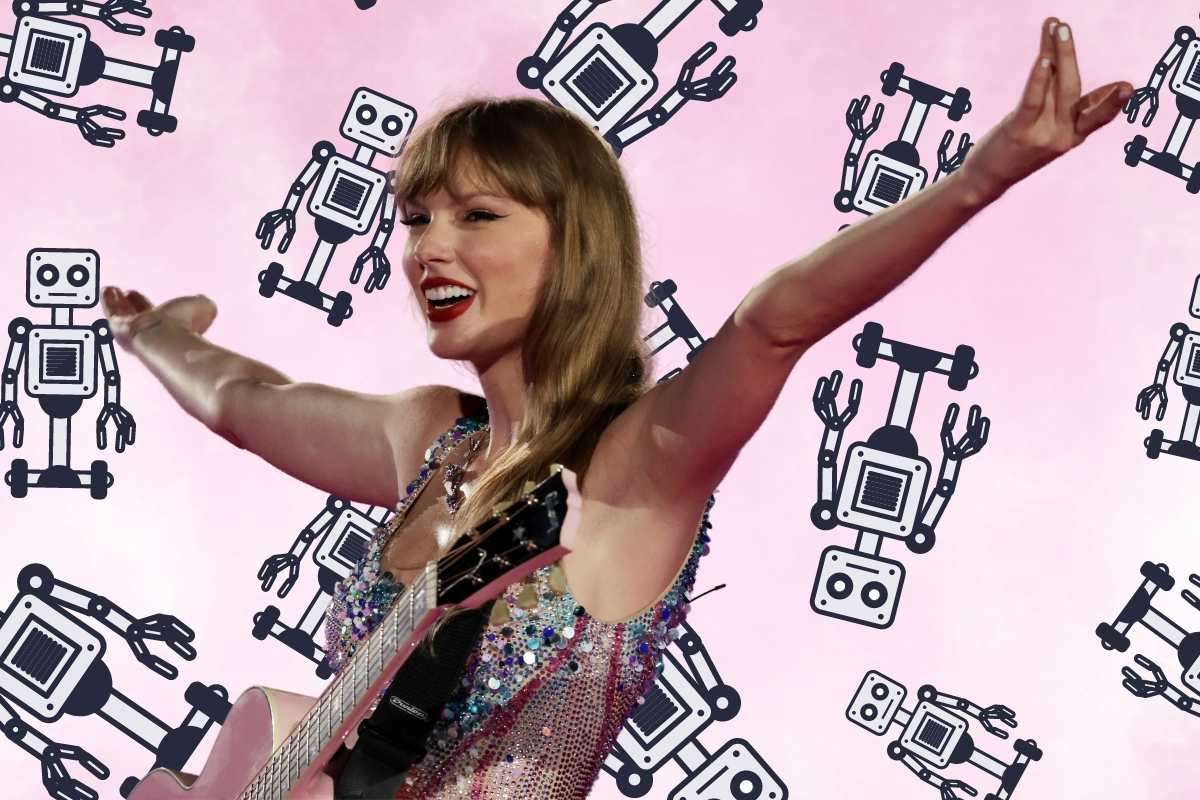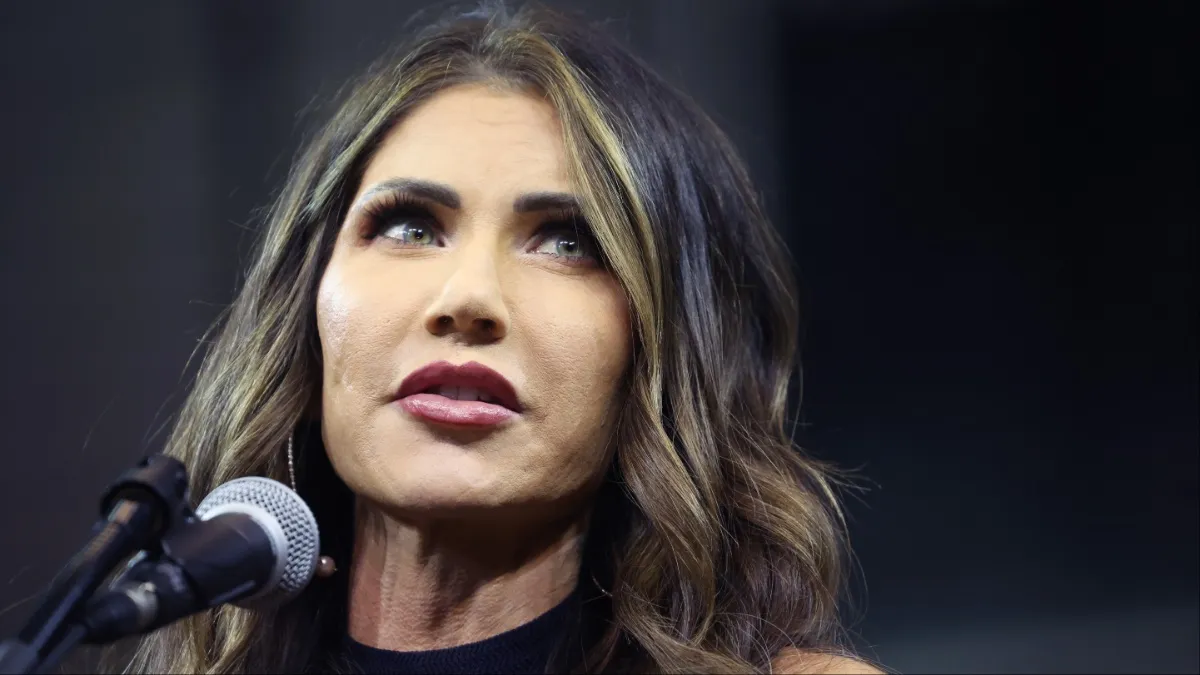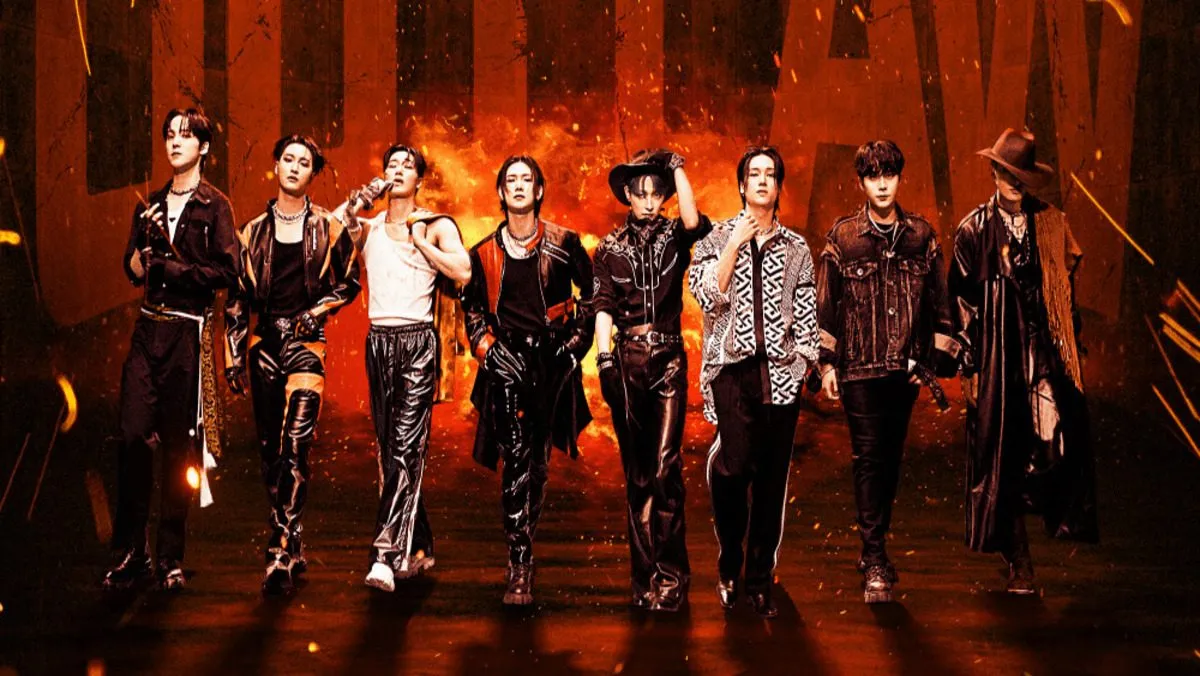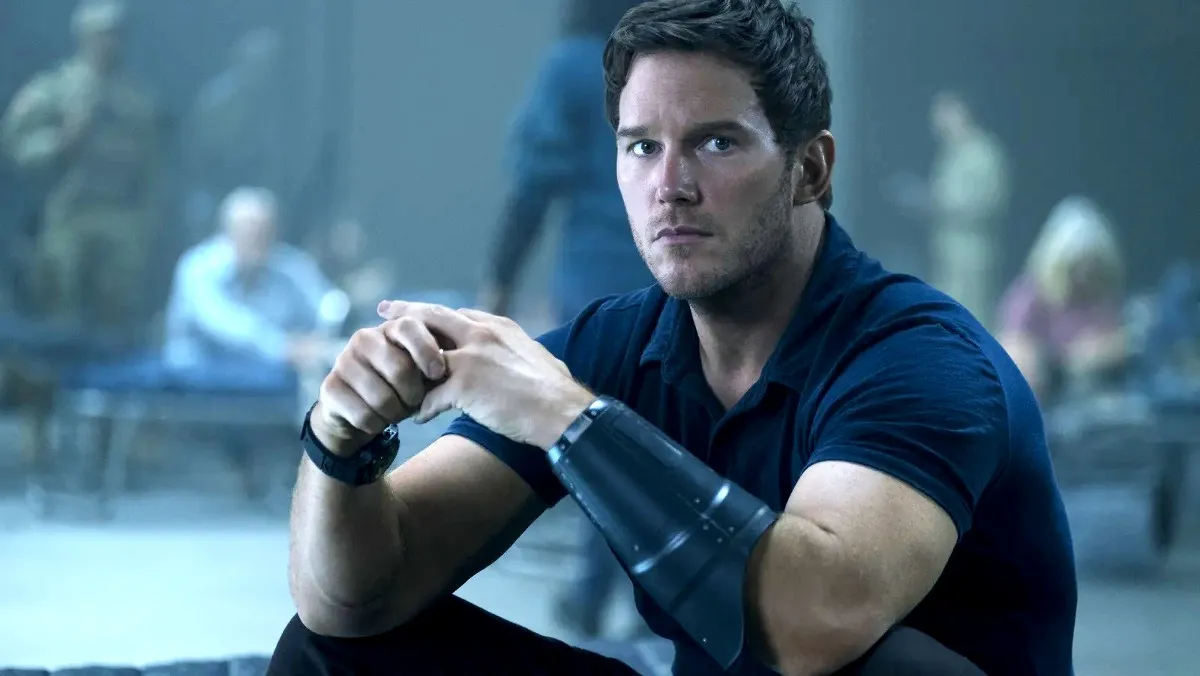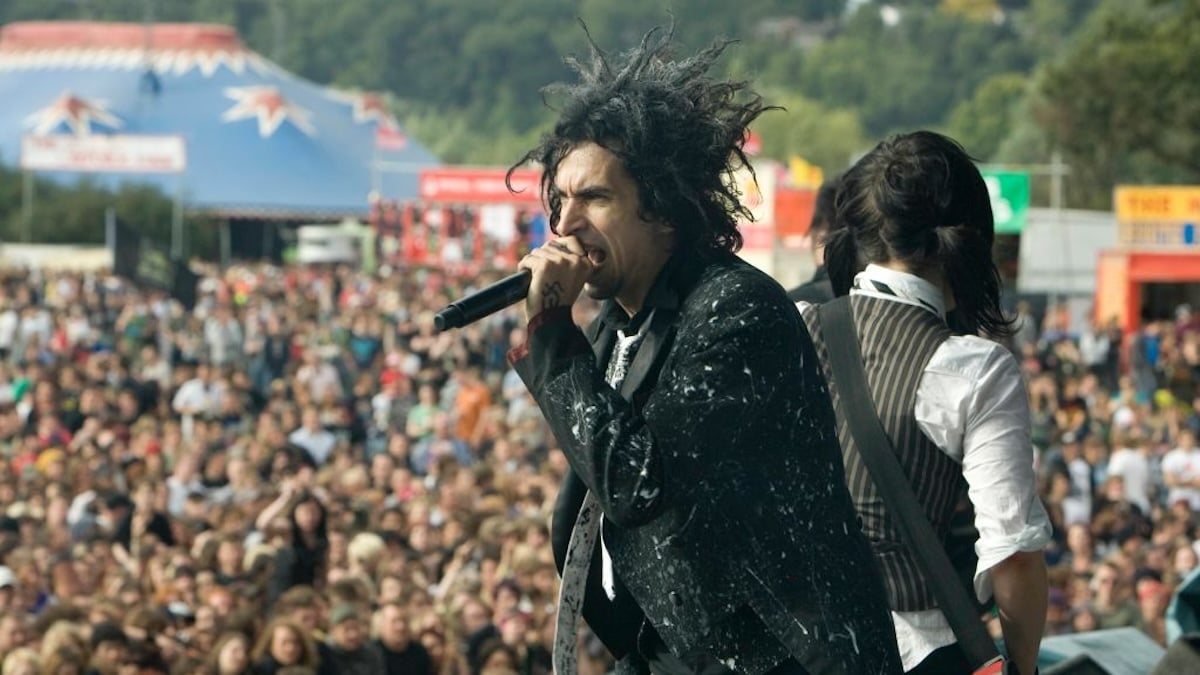Ask anyone standing outside of a record store daring you to ask them about the benefits of vinyl, and you’ll be told: The music industry is in dire straits, man, and it’s getting worse.
It’s not just in that guy in the Wilco shirt’s head, either. It’s true, and it’s down to the usual suspects who are ruining a lot in our daily lives: private equity (booooooo) and AI. That’s right, MBA boneheads who unironically say terms like “ROI” and “cost per acquisition” have systematically been strip-mining the music industry for years. As a result, there’s less room for up and coming talent.
The New York Times wrote about this phenomenon recently:
Private equity — the industry responsible for bankrupting companies, slashing jobs and raising the mortality rates at the nursing homes it acquires — is making money by gobbling up the rights to old hits and pumping them back into our present. The result is a markedly blander music scene, as financiers cannibalize the past at the expense of the future and make it even harder for us to build those new artists whose contributions will enrich our entire culture.
Yep, the powers that be have decided why invest in new music and genres when you can simply regurgitate (and regurgitate, and regurgitate) what’s already been a hit in the past? It’s a safer bet when you retool what you already know works than putting resources (aka money) behind someone without a track record. Here’s the logic, and why it affects new music:
The grim logic that shuttered the big-box store chain Toys “R” Us and toppled the media brand Vice is also taking hold of our music. Historically, record labels and music publishers could use the royalties from their older hits to underwrite risky bets on unproven talent. But why “would you spend your time trying to create something new at the expense of your catalog?” asked Merck Mercuriadis, the former manager of Beyoncé and Elton John who founded Hipgnosis [an investment fund.]
[…]
This creative destruction is only further weakening an industry that already offers little economic incentive to make something new. In the 1990s, as the musician and indie label founder Jenny Toomey wrote recently in Fast Company, a band could sell 10,000 copies of an album and bring in about $50,000 in revenue. To earn the same amount in 2024, the band’s whole album would need to rack up a million streams — roughly enough to put each song among Spotify’s top 1 percent of tracks. The music industry’s revenues recently hit a new high, with major labels raking in record earnings, while the streaming platforms’ models mean that the fractions of pennies that trickle through to artists are skewed toward megastars.
Bummed out yet? Because I’m about to rain on your parade even harder. In addition to the music industry taking fewer risks on up-and-comers, there’s a new, horrifying (yet incredibly addictive) AI tool called Suno.ai that lets anyone create a full-length song with AI-generated lyrics in the style they want.
There is literally no art to this, but it gives you a cheap thrill, and I hate to admit it, but the songs are catchy. Someone with no musical ability (like me!) can now create a song about anything they want. (Truly, as I have created a 2-minute 90’s-esque ska song about not being able to take Benadryl anymore because I owe the hat man money.) It’s a fun, dumb way to spend 30 minutes. Still, it also has horrendous implications for the music industry: now that anyone can create anything, essentially, what role does an artist have in the music industry anymore? How can the next Taylor Swift get their foot in the door when the industry is unwilling to invest in new ideas or talent and a free app lets anyone create an AI-generated pop song designed around whatever prompt you give it? (My preferred being teenagers in love with their best friends, who are also secretly vampires; or goblins who collect trash at night, eat hot dogs, and yell at cab drivers.)
On an individual level, it’s fun! Finally, weird music tailored to my specific interests. On a societal level, it’s terrible! Someone like me has literally nothing valuable or meaningful to say through music. I am untrained and untalented, I need to leave this to the professionals. On an industry level, it’s devastating—undoubtedly stealing (sorry, “learning”) from existing artists just to push them out of their own industry.
The best music makes you step outside of your comfort zone, and experience something new. If we keep regurgitating what already exists, or allowing an algorithm to deliver music to us on a silver platter based on existing tastes, there will be no room for anything new to come into our lives and enrich it. That is an incredibly grim outlook.
I remember being told in college that it was highly likely the last fighter pilot has already been born, due to the ability of technology to outpace the limits of what the human body can take. It’s 2024, and we now need to ask ourselves: has the last pop star already been born as well?
(Featured Image: Photo by Ashok Kumar/TAS24/Getty Images for TAS Rights Management; Photoshop)



